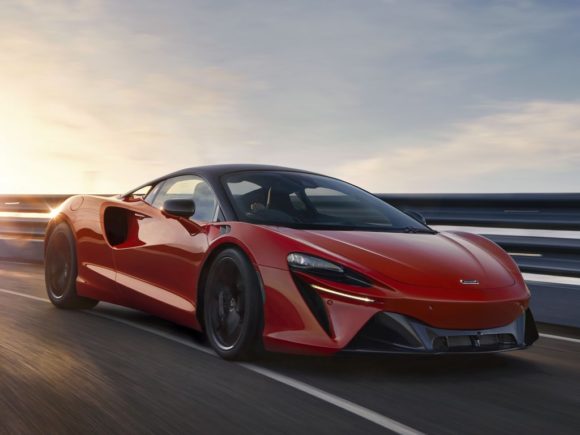It would be clichéd to say that the future of carmakers lies in them quickly adopting electric vehicle (EV) technology, for scores of humans believe that with all their heart already.
But, let us put aside the overwhelming number of reports that state the actual truth about EVs and look at the plight of manufacturers for once.
Lawmakers the world over are going woke and are coming up with rules that will determine what car and bike manufacturers can and cannot sell in the next decade.
After listening to countless number of speeches made by politicians, I am convinced that they have no idea as to what constitutes “green” energy and vehicles.
So think about carmakers who actually have to deal with this stuff in order to stay afloat. Put yourself in their shoes, now, what course of action will you take?
The answer is simply not simple, and thankfully, the approach firms are thinking and looking to take regarding their future is as diverse as the number of languages spoken in India.
Admittedly, many have decided to follow the current bandwagon and produce EVs. But firms like Porsche, are doing it so that they will stay in business, like launching the Taycan, all the while working on alternative technologies.
For instance, Porsche has joined hands with energy and petroleum firms to produce synthetic fuels (or e-fuel) that only have 8-10 components as opposed to 30-40 components in current automotive fuels.
When a petrol vehicle is run using synthetic fuel, the well-to-wheel impact is the same as that of an EV, it has been found. Porsche aims to have 55 million litres of synthetic fuel by 2024 and roughly 10 times that in 2026. McLaren and BMW too are working along the same lines.
Toyota, Honda and Hyundai have all invested in hydrogen fuel cell electric vehicle (FCEV) tech, despite working on or launching EVs themselves. They believe FCEVs are the way to go about, especially when it comes to long-distance motoring, but the infrastructure is still in its early stages.
Diversity of thought, in this issue is of vital importance and should not be suppressed under the banner of “saving the world”. This goes for all problems by the way.
Manufacturers are clever and they know that governments will change their minds and policies in an instant and as often is the case, lawmakers or officials will not be held accountable. So, having a backup plan is a must for every firm.
I must confess that manufacturers will find it most hard to deal with insatiable traditionalists, even more so than meeting the demands of the government.
But, these customers are also loyal and losing them is not something carmakers can afford to do. So, they will try to appease such buyers by launching half-baked products, until the government bans them altogether, that is.
We are stepping into a new age that is more dangerous that the one we are in now, an age in which the future of carmakers is not in their hands and an age in which EVs will be called greens, like spinach.

